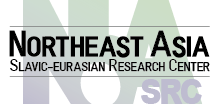The international symposium, "Contesting Territories: Sovereignty, Tourism and Aesthetics" was held at Kyushu University in Fukuoka, Japan on November 23. The event was hosted by the Center for Asia-Pacific Future Studies at Kyushu University and UBRJ at the Slavic Eurasian Research Center at Hokkaido University.
The symposium consisted of one keynote lecture and two panels. One of the most distinguished political geographers, Prof. John Agnew (UCLA), gave a keynote titled, "Geopolitics in the age of globalization." This session was chaired by Dr. Paul Richardson (University of Manchester) and Prof. Takashi Yamazaki (Osaka City University) gave his comments. Prof. Agnew touched upon how transnational fluidity and networks have been the focus of attention in the global age, however, we have yet to overcome the hierarchy of states in reality. Therefore, he emphasized the importance of geopolitics and the understanding of the world through a spatial perspective even in the age of globalization, since there is a significant gap between regions that have been and have not been affected by globalization. Prof. Yamazaki in his comments mentioned the birth of "failed states" despite the globalization of world economy, and the need to establish the geopolitics of peace in order to correspond to economic bipolarization and the threat of terrorism.
In the second session titled, "Challenges to Sovereignty: Practicing Contested Territories" there were two speakers, including Prof. Akihiro Iwashita (Hokkaido Univ.) and Prof. Sangjin Shim (Gyeongi Univ.) and was chaired by Prof. Naomi Chi (Hokkaido Univ.). Prof. Iwashita talked about the two cases of "contested" territories in Japan, namely the northern territories and the American bases in Okinawa, and how the Japanese central government emphasizes the sovereignty over these two areas, but the local people who are affected in Nemuro and Okinawa do not have any say in the matter. One of the importance of border studies is to incorporate the voices of the local people to practice, therefore, Prof. Iwashita touched upon the role that border tourism could play in bringing attention and fostering interests to these contested areas. Prof. Shim looked at one of the most contested areas in the world, the Korean peninsula, and talked about the Mount Gumgang project, the tour project to North Korea, between 1989 to 2008. He emphasized that the role of border tourism in the Korean peninsula was crucial, as it brought means to bring aid to North Koreans and enabled the meeting between divided families separated since the Korean War. Border tourism in the Korean peninsula was crucial in bringing about harmony between the two Koreas and we were able to obtain insights to the possibilities of border tourism in other regions of the world.
In the third session titled, "Border Aesthetics: Art at/along the Border" chaired by Mr. Ted Boyle (Kyushu Univ.) looked at the role of art and artists to critically analysis existing borders through aesthetics. The three speakers, Prof. Anne-Laure Amihat-Szary (Univ. of Grenoble), Mr. Abdalla Omari (artist from Syria), and Ms. Mahsa Mergenthaler (Persian Art Curator) all looked at how artists look at the aesthetical value of the border, and how they critically capture the realities of the border but at the same time emphasize the universal value of art that transcend borders, ethnicity and culture. The discussant, Prof. Cynthea Vogel (Kyushu University) touched upon the relationship between art and border when we look at art as consumed goods.
(Written by: Naomi Chi)
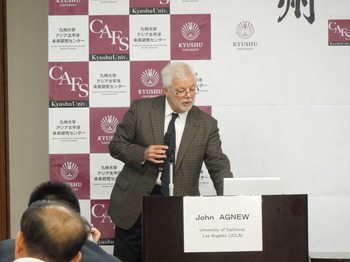
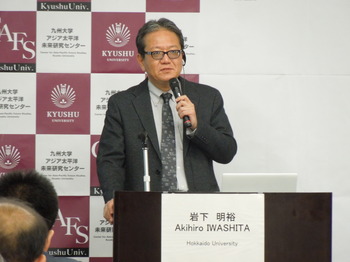

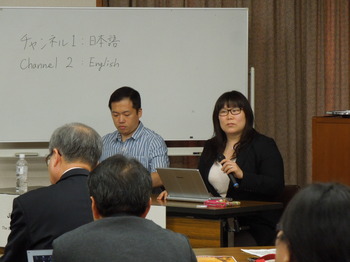
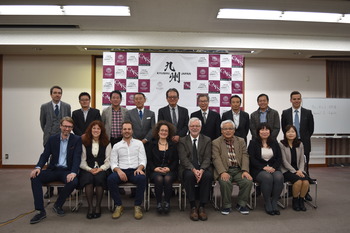
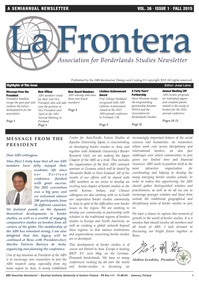
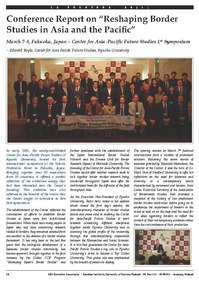
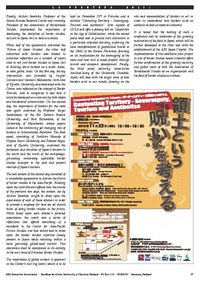
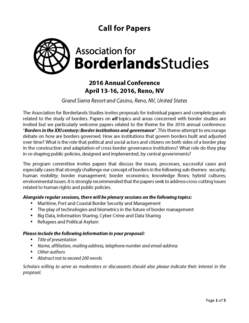
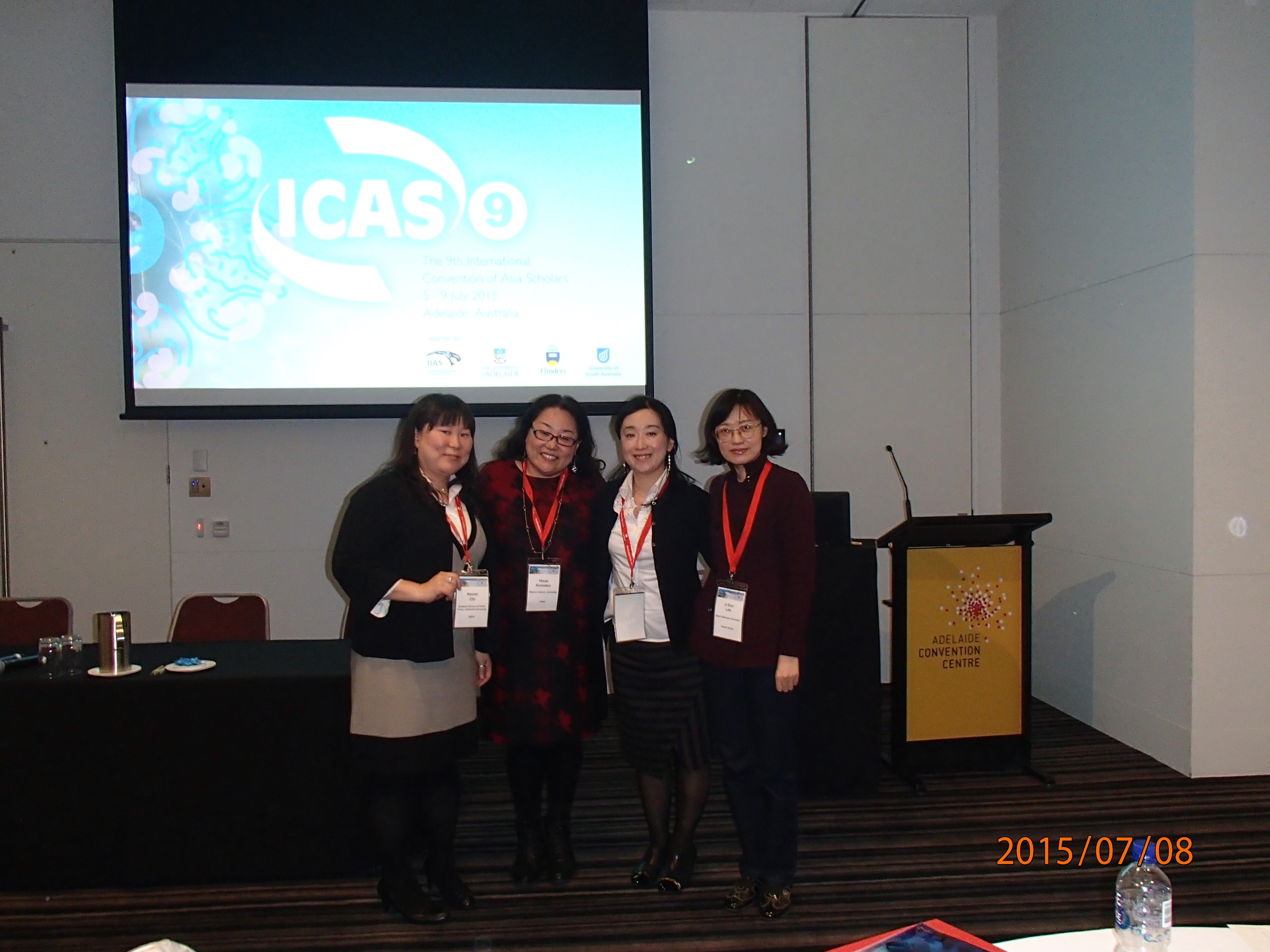
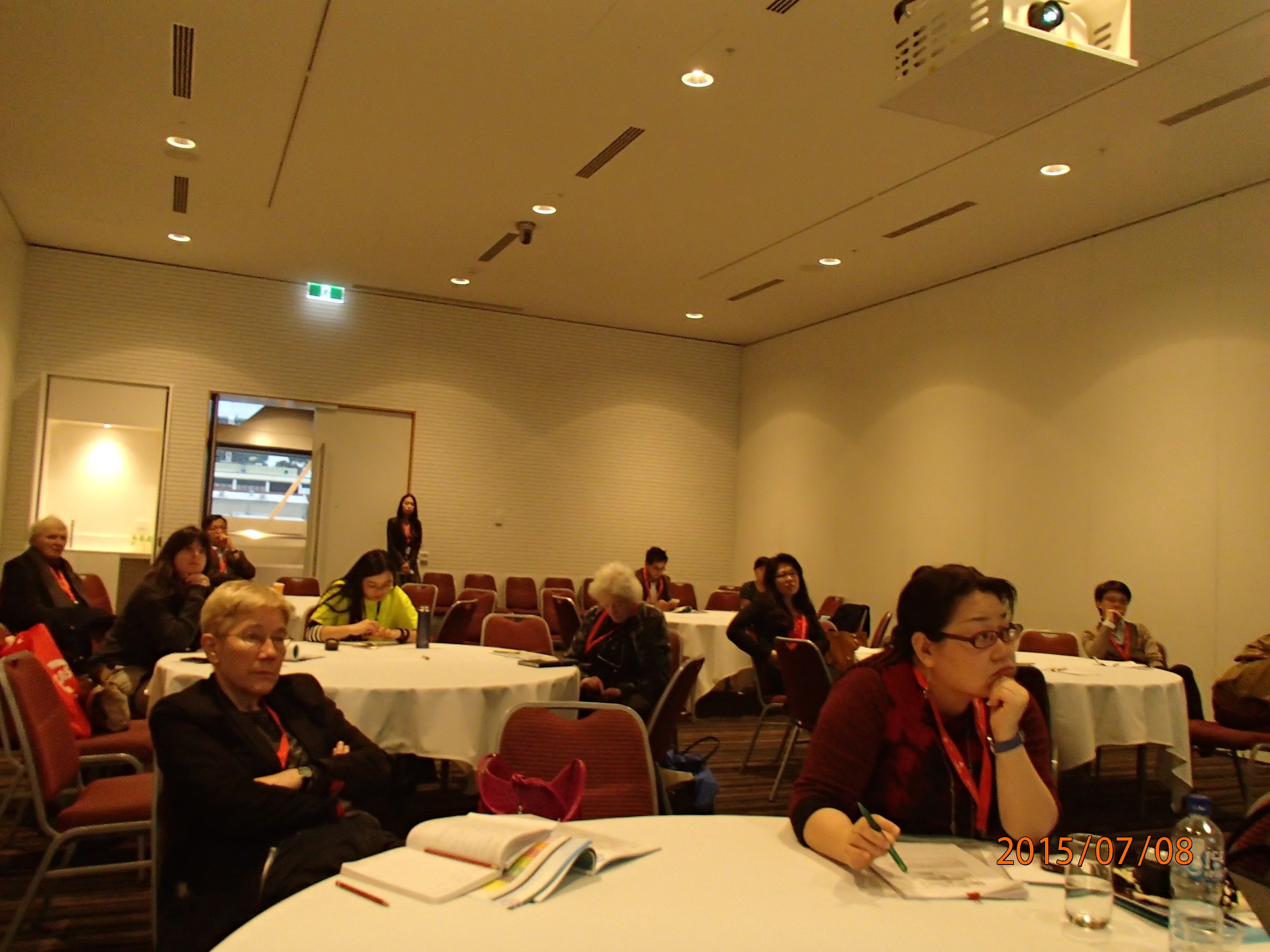
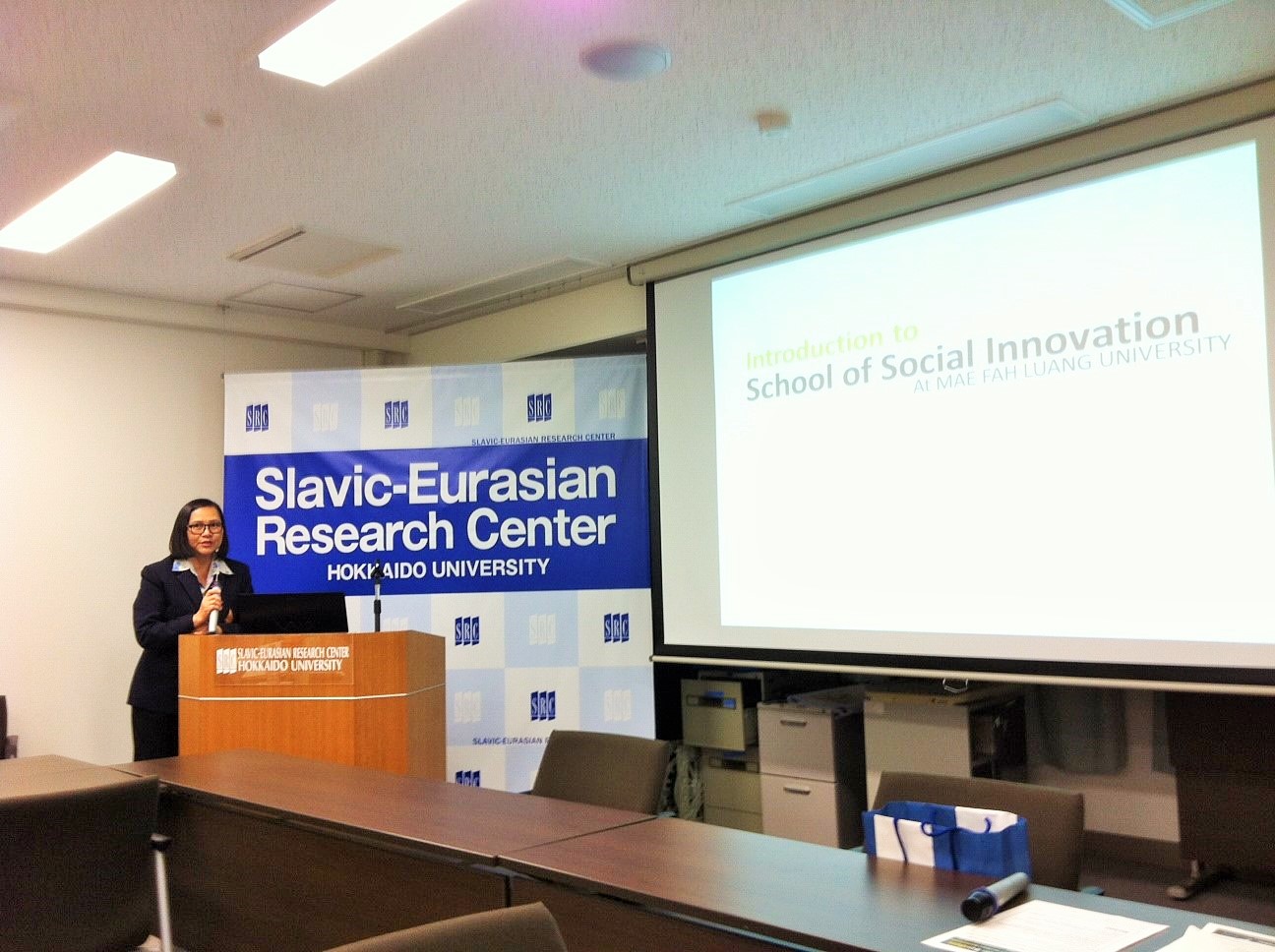
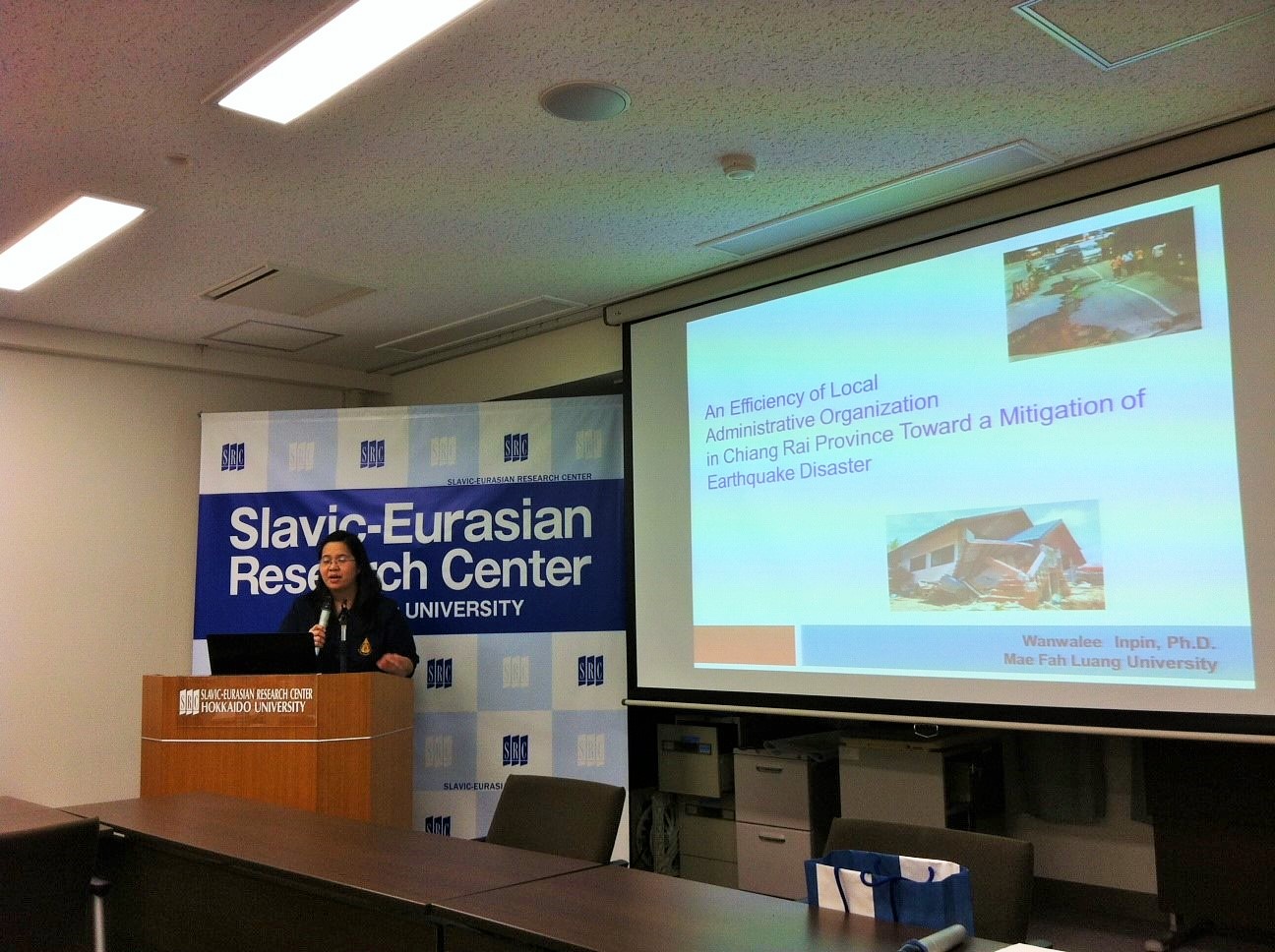
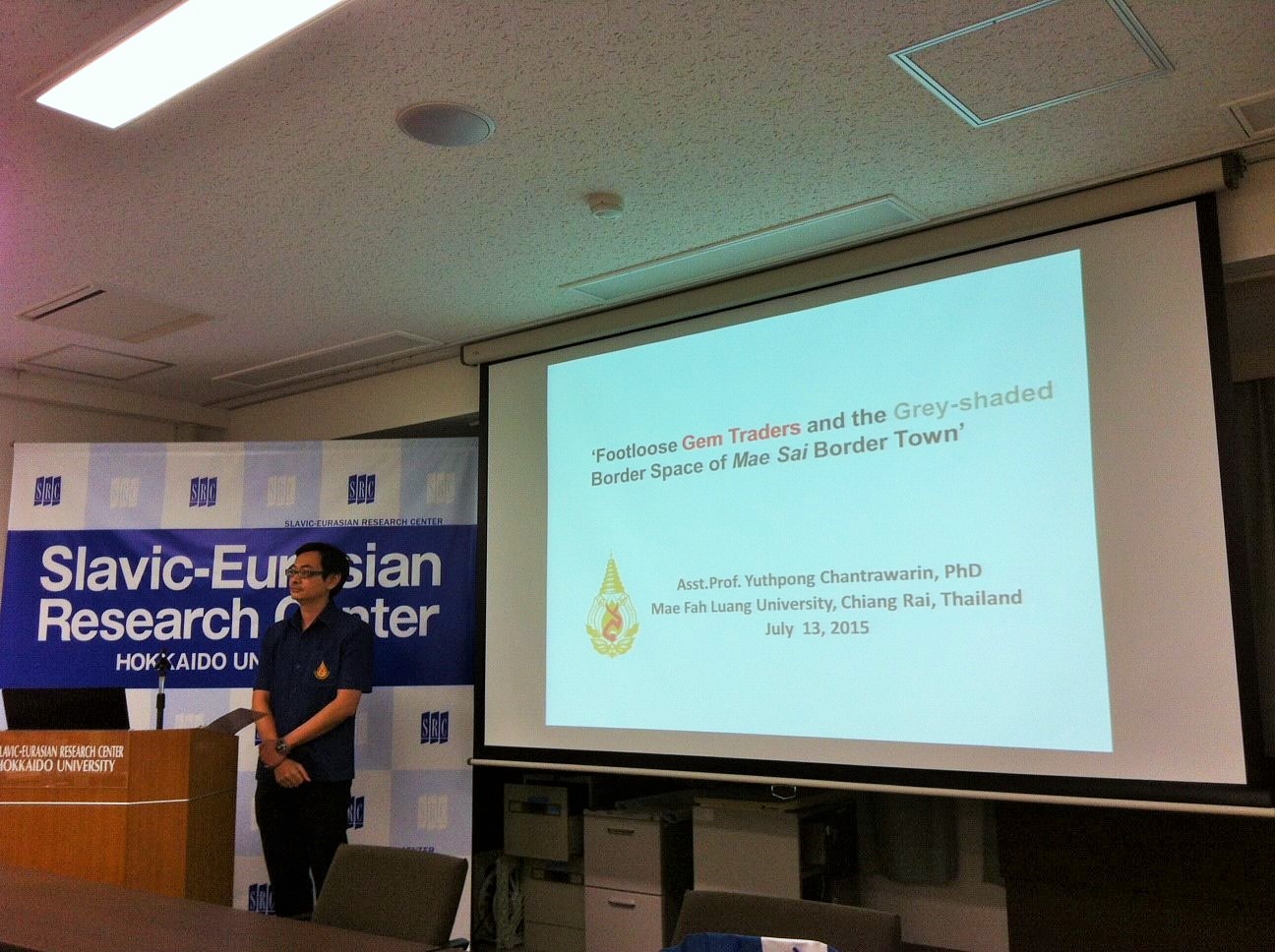
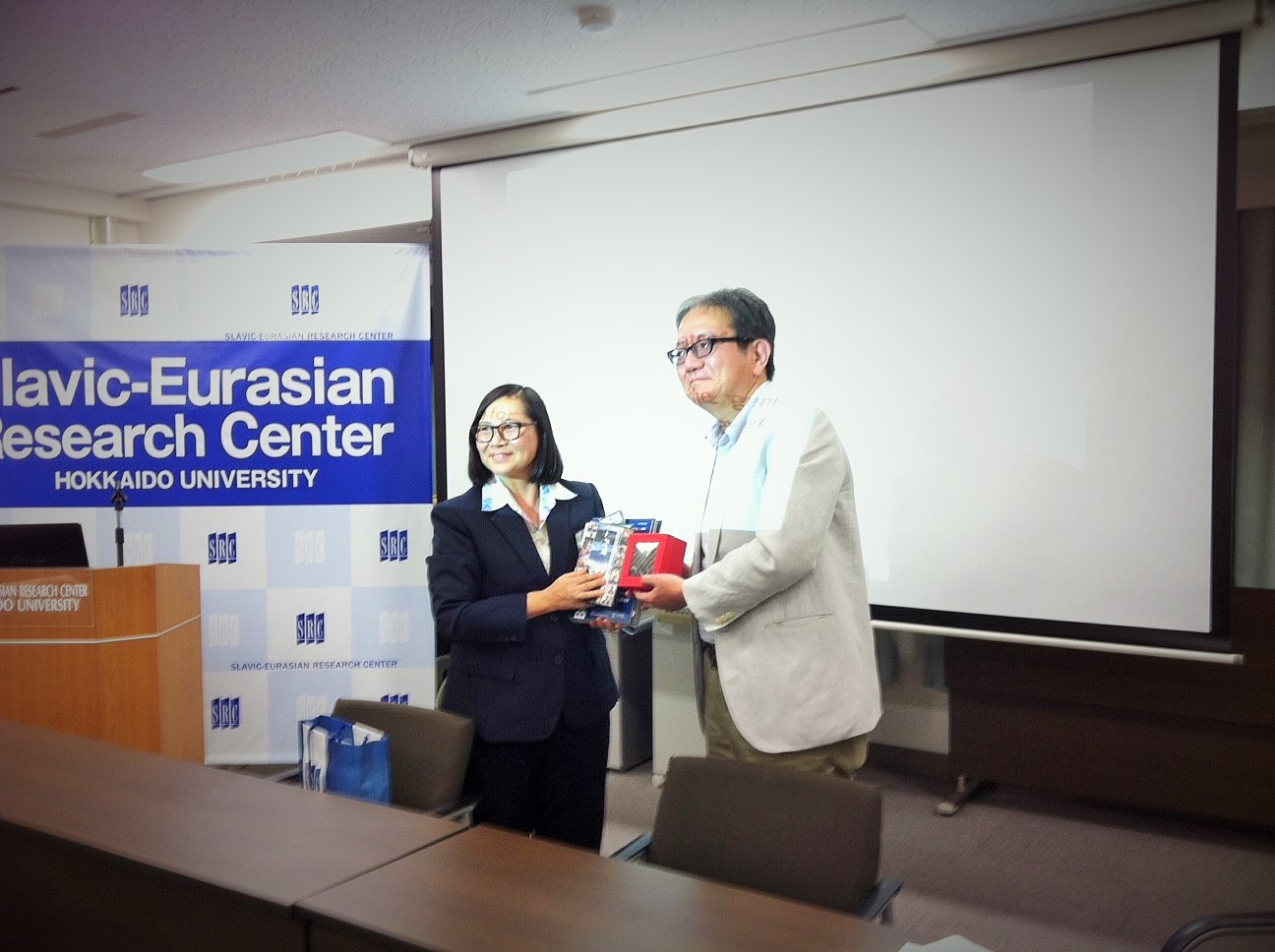
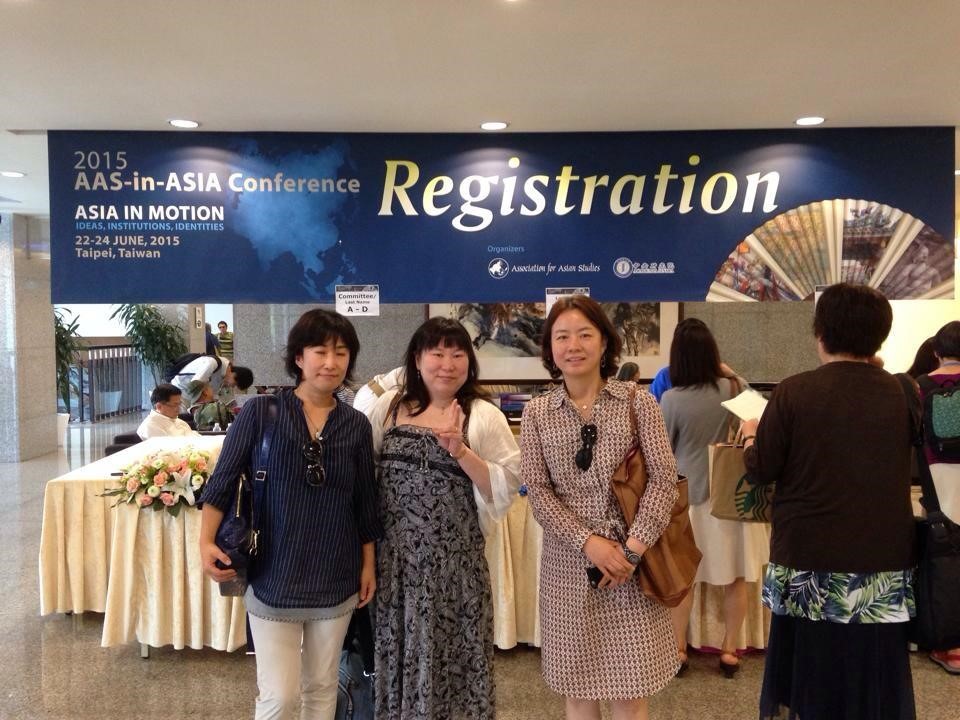
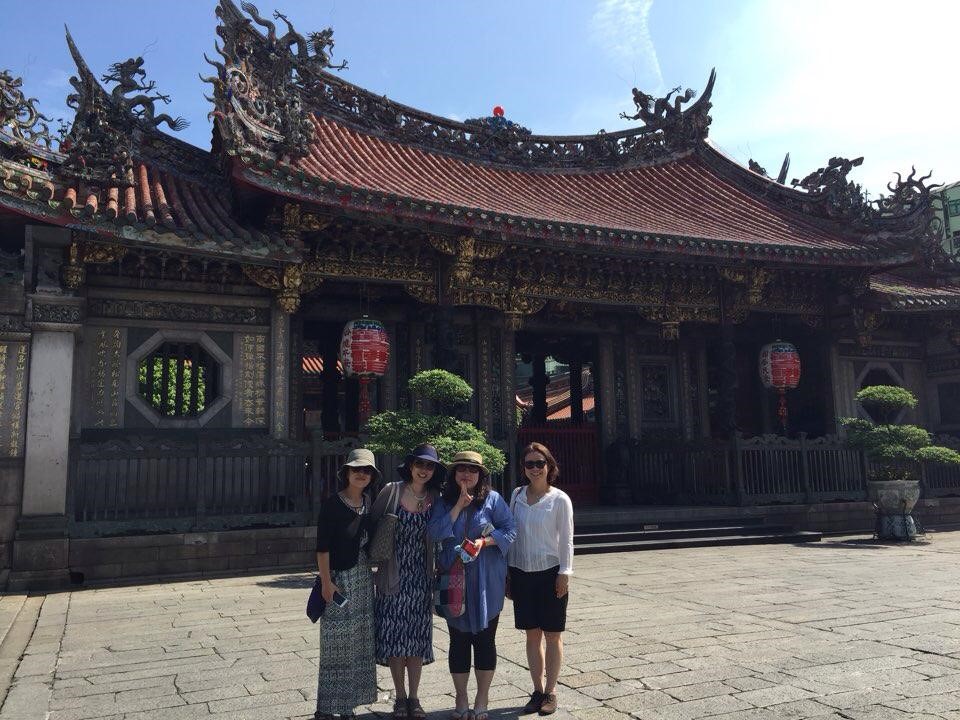
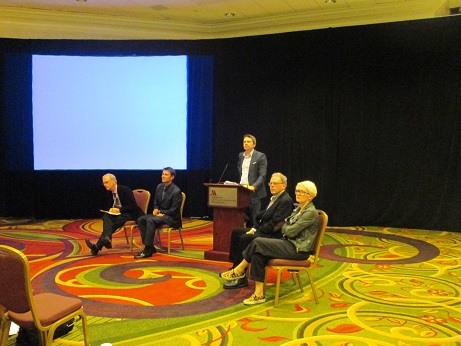
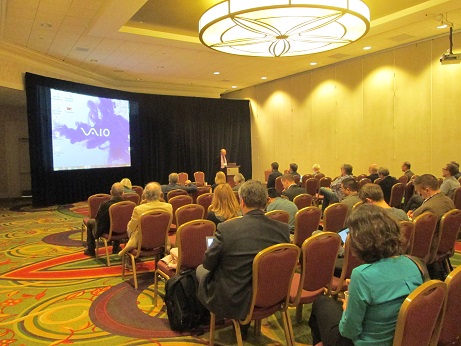
 Eurasia Unit for Border Research (Japan)
Eurasia Unit for Border Research (Japan)




